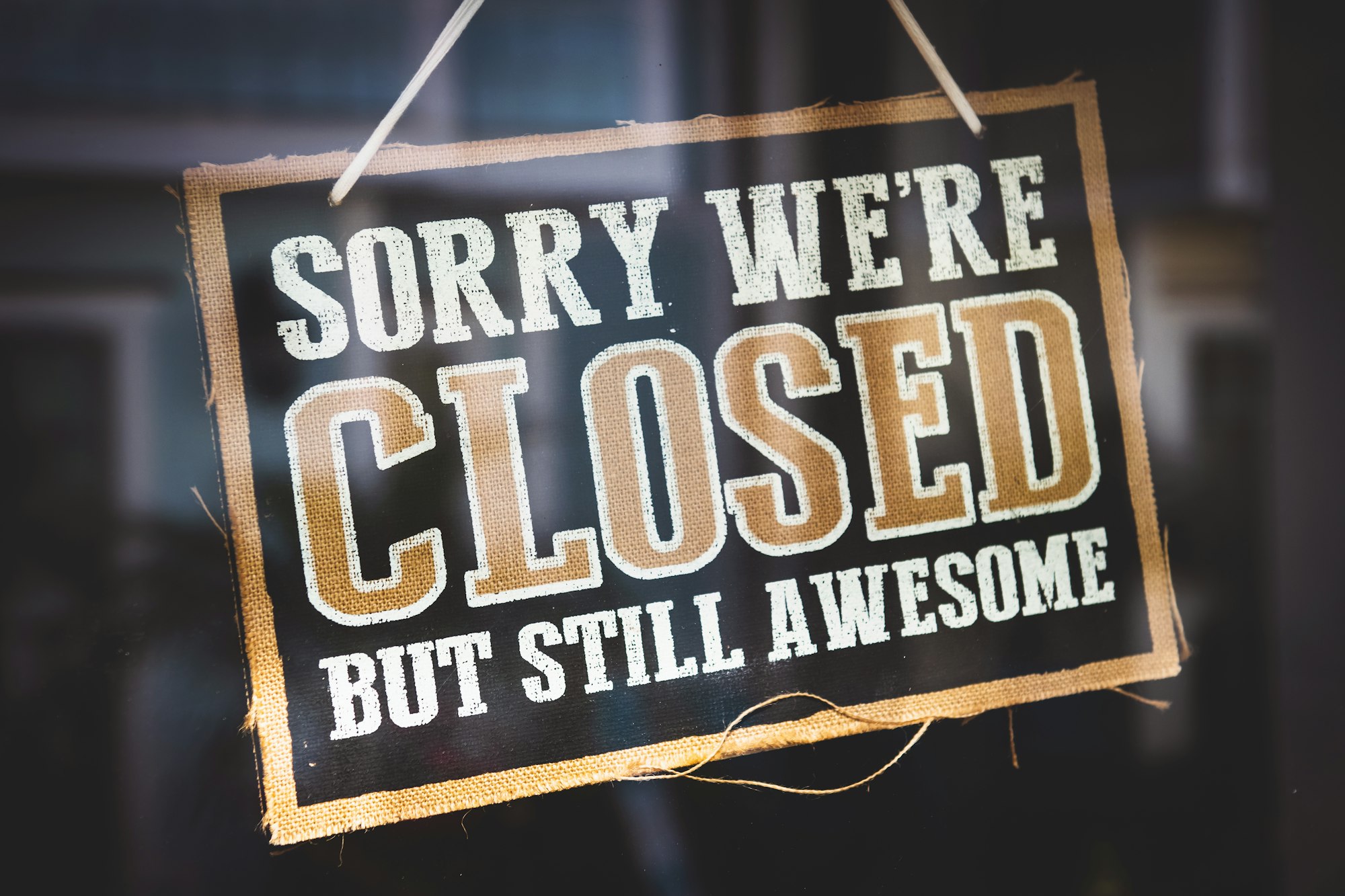A professional always apologises first
An apology might seem hard but it is an easy method to restore the professional relationship.

Introduction
Many professionals find it difficult to apologize. The reasons vary from arrogance to a strong belief in their views being correct. This can put a strain on a professional relationship, and an apology can be important tool to maintain and repair strained relations.
However, apologizing can be quite difficult for some. I know that it took me some considerable effort. But it helps that I strongly believe that an apology should never be difficult. These days, I would even go as far as saying that unwillingness to apologize is not only a moral flaw but also a professional flaw.
In the following story, two apologies are demonstrated. Both apologies are used to address conflicts in a professional setting. I would like to point out that in both cases, none of initial desire of any of the parties is delivered, yet they are still happy with the final outcome. In addition, I hope you will notice that besides the first few words, the apology itself doesn't need to be complicated or hard. But the first steps does require courage.
If you want to skip the story, feel free to jump to the end of the article and read the lesson in a short form.
Story
The junior came back from the meeting with a clear display of anger. The laptop was almost thrown on the table. Seeing this behavior, the senior stopped writing code and looked at the junior.
"Everything alright?" the senior asked, and the junior glared back.
"They are demanding the impossible! Specifically, seven red lines, all perpendicular to one another, with equal amounts of red, green, and transparent colors. I explained that seven is a prime number. Thus, it can only be divided by itself and one. I also pointed out that dividing seven lines by three colors results in one line without color. They suggested that I, a developer, should have expertise in line drawing.
Furthermore, they were insistent on the perpendicularity of the lines, which I initially assumed was a joke, but they were pretty serious. I ignored that part of their request and attempted to clarify basic mathematical concepts like division before delving into advanced concepts such as parallel and perpendicular. Still, they didn't get it," complained the junior. The senior listened attentively and nodded sagely.
"That sounds like an impossible situation. At times, customers can be difficult to handle," the senior smirked.
"It sounds impossible? It's downright impossible! At times, customers can be certified idiots," retorted the junior, clearly frustrated.
Recognizing that the junior required assistance in addressing this issue, the senior offered to help.
"Let's work together on this because we might find a solution. First and foremost, have you apologized?" inquired the senior, prompting the junior to react with surprise.
"What? No, I haven't. Everything I said was factual," replied the junior.
"Even the part about them being certified idiots? I assumed that you were a developer and not a doctor," quipped the senior with a smile.
The junior took a deep breath.
"I have expressed that part about them being idiots in private to you, not to them. But even so, I don't understand why I should apologize. Even you said that it sounded impossible. Look, I need help with dealing with this impossible request of them. If you can't help me, don't bother," the junior said.
"I apologize," interjected the senior.
"Why are you apologizing?" asked the junior.
"I apologize for failing to adequately explain why apologizing should be the first step despite understanding your desire to take action. As professionals, we are expected to deliver the value that the client requests. Thus, we strive to do our best, sometimes involving debating and explaining what is optimal. However, these discussions should always be conducted in collaboration rather than conflict. Due to my light-hearted approach, I inadvertently introduced a sense of hostility to the discussion, which was not my intention. Instead, I wanted to help you, but I failed to provide the necessary assistance," explained the senior.
"So, a professional always apologizes first because we need to work together to deliver value?" the junior asked.
"Yes, and as professionals, we also remove any barrier that harms our ability to deliver. If we create such a barrier, we should change our approach so that our own barrier can be removed. And an apology is an easy way to demonstrate our willingness to change," the senior added with a smile. "Imagine how much effort we would have spend if I had continued to jest."
The junior, understanding the senior's wisdom, knew what to do. So, the junior opened the laptop and quickly wrote an email.
Dear Customer,
I want to send a quick apology for my display of frustration. I regret I was too focused on explaining the mathematical impossibility, which distracted me from the purpose of the meeting. Can we schedule another meeting so that I can better understand what you want?
I really appreciate any help you can provide.
Junior
Within an hour, a reply came back.
Hello, Junior!
Sure, we can schedule another one. And don't worry about what happened in that meeting. We had a quick talk afterward, and we are now thinking about inflating circular balloons in the form of kittens. Can you do that?
Sincerely,
Customer
What can we learn?
The senior in the story has a few simple rules about what is expected from a professional and their conduct. Below is the short version:
- The goal of a professional is to get the work done
- Conflict is the result of multiple forces from making progress and thus preventing the work from getting done
- A professional will change what prevents work, including themselves
The senior first applies it to change its behavior from jesting to severe. Then, the junior also applies it to shift the focus from math to what the customer requests.
Bonus
The following sketch was used as inspiration for the frustration of the junior. It is quite funny, though the expert is not as sincere as our junior 😁
The expert of line drawing (comedy sketch)
